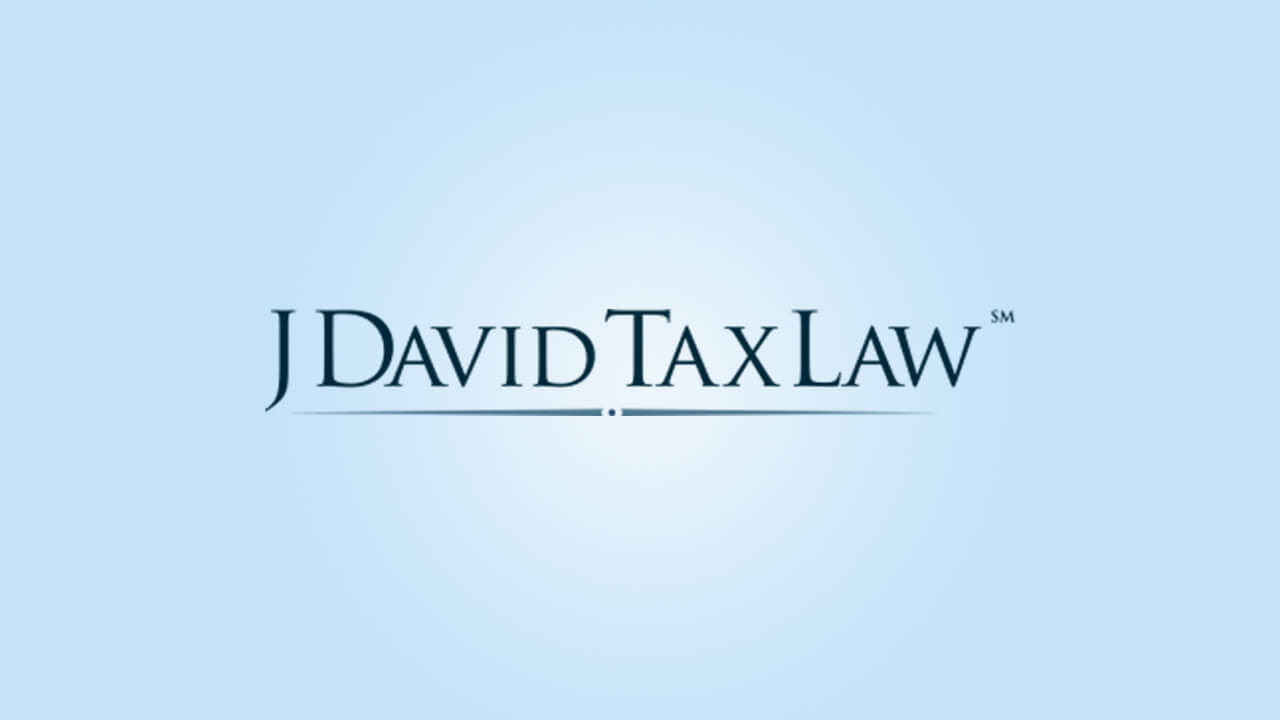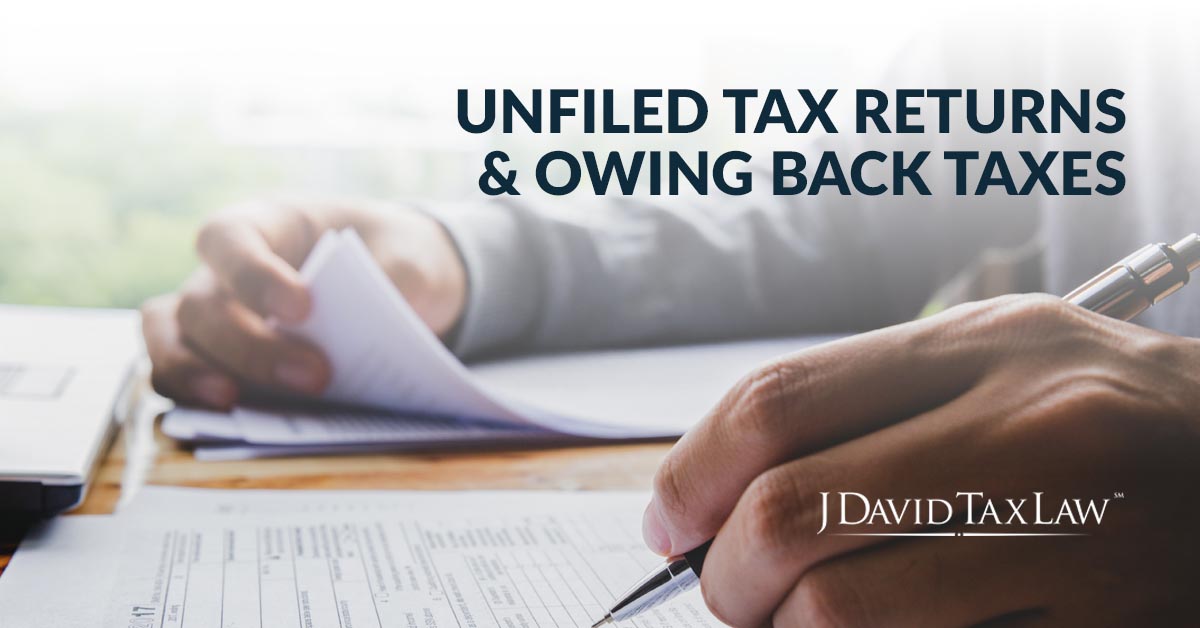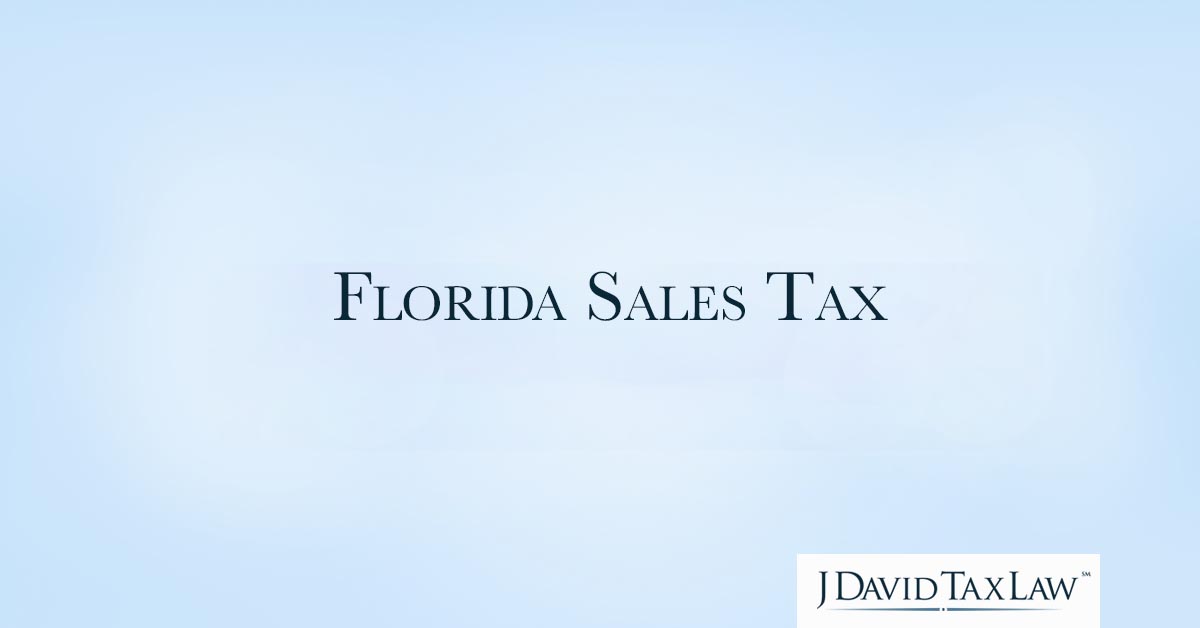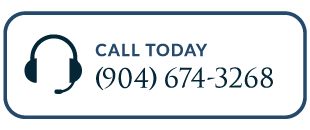The Coronavirus Stimulus: Frequently Asked Questions
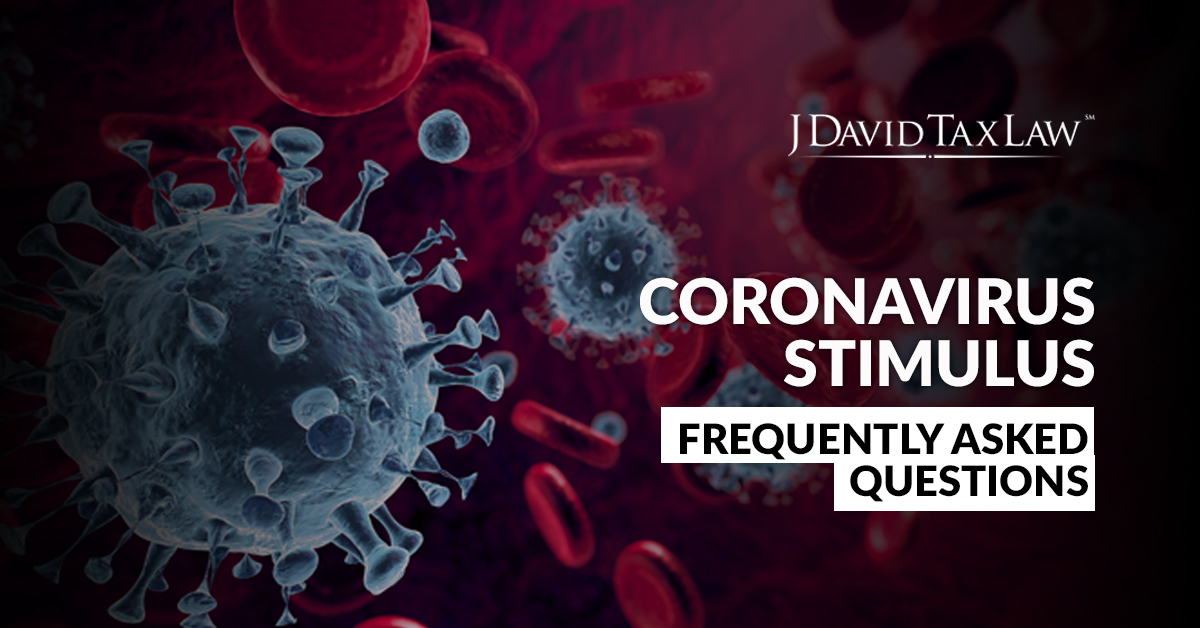
The Coronavirus Stimulus: Frequently Asked Questions
Stimulus Payment FAQs
![]()
How large will the stimulus payments be?
Most adults in Jacksonville, FL will receive $1,200, although some adults will receive less. The payment will be an additional $500 for every qualifying child.
![]()
How many payments should be expected?
Only one. The passing of future bills could order up additional payments.
![]()
How do I know what amount I will get?
Your income determines your payment. If you have a social security number and are a single adult with an adjusted gross income of $75,000 or less, you will get the full amount. If you are a married couple without children and earn $150,000 or less, you will receive $2,400. If you are a taxpayer filing as head of household and earn $112,500 or less, you will get the full payment amount.
The payment decreases until it stops completely for single adults earning $99,000 or more and for married people with no children earning $198,000 or more. Per the Senate Finance Committee, a family with two children would not be eligible for payments if their income surpasses $218,000.
If someone claims you as a dependent, you would not qualify for a payment, even if you’re an adult. Further, in order to be eligible, all family members must have a valid Social Security number. The only exception is for members of the military.
To find your adjusted gross income, you can locate it on Line 8b of your 2019 1040 federal tax return.
![]()
Where will the IRS send my payment?
Most people do not need to take any action. If you are eligible, the IRS will calculate and automatically send your economic impact payment. If you have already filed your 2019 tax return, this is the information the IRS will use to calculate your payment. If you have not filed your 2019 tax return, the information from your 2018 tax return will be used to calculate the payment. The IRS will deposit your economic payment amount into the same banking account that was on your 2019 or 2018 return.
![]()
What can I do if the IRS does not have my direct deposit information?
In lieu of receiving a check by mail, the Treasury Department has plans in the coming weeks to develop a web-based portal so individuals can provide the IRS with their banking information to get their payments immediately.
![]()
Can I still receive my payment if I am not typically required to file a tax return?
Yes, however, people who are not typically required to file a tax return, will be required to file a simple tax return to receive their economic impact payment. If you are a low-income taxpayer, senior citizen, Social Security recipient, some veterans and individuals with disabilities who are not required to file a return, you will not owe taxes when you file this return.
![]()
Where do I file the tax return needed for my economic impact payment?
If you have unfiled tax returns whether it be one year or multiple years or you owe the IRS or Florida Sales Tax contact the Jacksonville based attorneys at J. David Tax Law.
![]()
What if I have not filed my tax return for 2018 or 2019? Can I still receive an economic impact payment?
Yes. To receive an economic impact payment, the IRS encourages anyone who has a tax filing obligation and has not filed a tax return for 2018 or 2019 to file as soon as possible. Taxpayers are encouraged to include direct deposit banking information on the tax return.
I need time to file my tax return. How long are the economic impact payments available?
If you haven’t filed your taxes and are concerned about visiting a Jacksonville-based community organization in person for help with your return, the economic impact payments are available for the remainder of 2020.
![]()
Do college students get payments?
If someone claims the college student as a dependent on a tax return, the student would not get a payment. In the eyes of taxing authorities, in general, if a student is under 24 and the parent pays for at least half of their expenses, the student is considered a dependent.
![]()
If my recent income made me ineligible, and I anticipate being eligible because of a loss of income in 2020, do I get a payment?
The current plan doesn’t offer help for people that have income changes in 2020, but once you file your 2020 taxes, that could change your circumstances. The reason for this is because the payment would be an advance on your tax credit for 2020. Everything is dependent on how much you earn.
The legislation provides many other provisions. Individuals can file for unemployment and Jacksonville small business owners and sole proprietors can apply for one of the new loans.
![]()
Do I have to apply to receive a payment?
No. If the IRS has your bank account information, they will transfer the money to you via direct deposit based on your recent income-tax figures.
![]()
When will my payment arrive?
Treasury Secretary Steven Mnuchin said he expects most people will get their payments within three weeks.
![]()
If my payment doesn’t come soon, how can I be sure that it wasn’t misdirected?
The bill states that you will get a paper notice by mail a few weeks after your payment has been sent. Details about where the payment was made and in what form will be included on this notice. At that point, if the payment can’t be located, you should contact the IRS.
If I haven’t filed tax returns recently, will that affect my ability to receive a payment?
Maybe. If you haven’t filed you should file a return immediately, at least for 2018. “Those without 2018 tax filings on record could potentially affect mailings of stimulus checks,” the site says.
If you cannot pay the money that you owe, the IRS recommends talking to a tax professional like the tax attorneys at J David Tax Law who can help you request an alternative payment plan or some other form of tax resolution.
![]()
Will people who receive Social Security retirement and disability payments each month also get a stimulus payment?
Yes.
![]()
Will eligible people who are unemployed get stimulus payments? Veterans?
Yes and yes.
![]()
Will U.S. citizens living abroad get stimulus payment?
Yes, provided they meet the income requirements and have a Social Security number.
![]()
Will I owe income taxes on the amount of my payment?
No.
![]()
If my income tax refunds are being garnished to pay student loan debt, will this payment be garnished as well?
No. In fact, the bill has temporarily suspended nearly all efforts to garnish tax refunds to repay debts, including those paid to the IRS. The waiver may not apply to people behind on child support.
Retirement Accounts
![]()
What retirement account rules have been suspended?
During the calendar year 2020, you will not be required to take a minimum distribution from any individual retirement accounts or workplace retirement savings plans, like a 401(k). This keeps you from being forced to sell investments that have fallen in value, locking in your losses. If the money isn’t needed right now, this allows you to let the investments sit, in hopes that they recover.
Old-fashioned pensions are not affected by this change.
![]()
What happens if I take money out of my IRA or workplace retirement plan early?
As long as it’s a result of the outbreak, you are allowed to withdraw up to $100,000 this year without the usual 10 percent penalty.
The income taxes you owe can be spread out over three years from the day you take the distribution. Even though the rules don’t normally allow for a contribution this large, but if you want to put the money back before the three years are up, you can do so.
This exception is only for coronavirus-related withdrawal amounts. To qualify, you, a spouse or dependent must test positive, or you must experience a combination of negative economic consequences related to the COVID-19 pandemic. Employees are allowed to self-certify they are qualified to pull money from their workplace retirement account.
![]()
Can I borrow from my 401(k) or another workplace retirement plan?
Yes, and you are able to take out twice the usual amount. For 180 days after the bill passes, if you can certify that you’ve been affected by the pandemic, you can take out a loan of up to $100,000. The rule typically precludes you from taking out more than half your balance, but that rule is suspended. You get an extra year if you already have a loan and were supposed to finish repaying it before Dec. 31.
Charitable Contributions
![]()
If I help people suffering from the pandemic, does the bill address charitable donations?
Yes. The bill offers a new deduction — beyond 2020 — that is up to $300 in annual charitable contributions. This is only for people who don’t itemize their deductions. The new one is calculated by deducting the amount given from your gross income.
Cash must be given to a qualified charity, not a donor-advised fund. Donor-advised funds are typically used by affluent people to maximize deductions by bunching contributions in a given year. Donations made since January 1 would count towards the $300 cap.
Other Features of the Bill
![]()
How does the aid work for small businesses and nonprofits?
Jacksonville small businesses and nonprofits may be eligible for forgivable loans. The details are covered in a separate article from our colleague Emily Flitter. A one-page summary of those provisions was also written by the aides to Senator Marco Rubio, Republican of Florida.
![]()
Will it damage my credit report to take advantage of virus-related payment relief, including the student loan suspension?
No. There should not be.
Even if you take advantage of payment modifications, the bill states that during the period beginning on Jan. 31 and continuing 120 days after the end of the national emergency declaration, lenders and others should mark your credit file as current.
Any black marks prior to the virus will remain unless you fix the issues during the emergency period.
Errors can be made by credit reporting agencies. We advise checking your credit report a few times each year, especially for people accepting help from a financial institution or biller this year.
How J David Tax Law Can Help
If you need help with unfiled tax returns or negotiating an Offer in Compromise or other settlement for unpaid tax debt, the tax attorneys at J David Tax Law in Jacksonville, FL can help.
Click Here to Request a Fast, Free Confidential Consultation
Categories
Featured Articles

Meet Jonathan David Sooriash
He is the founder and Managing Partner of J. David Tax Law®. He is the winner of the 2019 Ultimate Tax Attorney awarded by the Jacksonville Business Journal. This award recognizes law firms and attorneys who show exemplary professional talent and skill while demonstrating superior client care, leadership, charitable concern, and civic engagement. Jonathan graduated from Chapman University School of Law. He has practiced law since 2011.
